Discover the Story of Alessandro Mussolini
Alessandro Mussolini was a socialist with anarchist leanings. The son of Luigi Mussolini and Caterina Vasumi, he was born in the house that, in 1849, had hosted Giuseppe Garibaldi and Anita Garibaldi during their escape from San Marino toward the Comacchio Valleys. He entered politics in 1873, at the age of 19, as a revolutionary socialist militant. He was also a member of the First Socialist International, alongside Friedrich Engels and Karl Marx, and served on the local socialist council.
In 1874, he took part in political unrest in Predappio. He was known to the authorities for his political violence against opponents. In 1878, he was warned by the police to cease threats of destruction against the properties of his adversaries. That same year, he was arrested on suspicion of involvement in revolutionary activities and placed under house arrest until his release in 1882, when he married Rosa Maltoni.
Alessandro named his son Benito Amilcare Andrea Mussolini in honor of Benito Juárez, Amilcare Cipriani, and Andrea Costa.
Benito Juárez was President of Mexico. A deist and a Freemason, he confiscated the Catholic Church's lands and properties during his government and imprisoned clergymen who protested these measures. His administration initiated a systematic persecution of the Church, with schisms, the closure of churches, and the imprisonment of priests and religious figures. He was deposed following the arrival of a French expedition sent by Napoleon III, which declared Archduke Maximilian of Habsburg Emperor of Mexico. Juárez fled to the U.S. border, from where he led an armed resistance from 1864 to 1867. After Maximilian I was defeated and executed by firing squad in Querétaro, Juárez was re-elected President in 1867 and again in 1871. With his return to power, the persecution of the Church was somewhat eased. Juárez also held communist ideas: in his manifesto of August 19, 1859, he promised to force landowners to divide their properties into small plots for sale.
Amilcare Cipriani was an atheist anarchist. He took part in Giuseppe Garibaldi’s Expedition of the Thousand to Sicily and founded the Democratic Club, which was part of both the First and Second Socialist Internationals. He fought alongside Garibaldi in the Second Italian War of Independence, supported the Paris Commune, and wrote for libertarian publications in France and Italy, such as Le Plébéien. In 1893, at the Second International Congress in Zurich, he resigned his seat in solidarity with Rosa Luxemburg and the anarchists excluded from the congress. He was elected to parliament nine times but refused to take office because he would not swear allegiance to the King of Italy.
Andrea Costa was the founder of the Italian socialist movement and the country’s first socialist member of parliament. He contributed to the journals Il Martello, Fascio Operaio, and La Plebe—the latter being the official publication of the Upper Italy Federation of the International Workingmen’s Association. Responsible for the split between socialists and anarchists, he founded the Revolutionary Socialist Party of Romagna, later renamed the Italian Revolutionary Socialist Party. He took part in the first socialist congress in Genoa in 1892 and joined the Italian Workers’ Socialist Party in 1893, which became the Italian Socialist Party at the Parma congress in 1895. An atheist, he was cremated after his death.
He named his son Arnaldo Mussolini in honor of Arnold of Brescia, a disciple of Peter Abelard, who demanded that the Catholic Church renounce the ownership of material goods. Arnold took part in the Commune of Rome to overthrow the Papal States, promoting a schism against the Catholic clergy. He is remembered as a local hero for his struggle against the abuses and wealth of the Church. Saint Bernard of Clairvaux described him in the harshest terms:
"Disorderly, vagabond, impostor, vessel of ignominy, scorpion vomited from Brescia, horror in Rome, abomination in Germany, scorned by the Roman Pontiff, praised by the devil, worker of iniquities, devourer of the people, mouth full of cursing, sower of discord, maker of schisms, ferocious wolf."
Alessandro Mussolini did not believe in God and hated the Catholic Church. There is no doubt that his son Benito inherited this hatred of traditional religion, especially the Catholic Church. Due to his father's atheism, Benito was not baptized at birth, unlike most Italian children of his time.
Alessandro and Benito were close. Benito often helped his father with his work at the forge. When villagers brought their horses to be shoed at Alessandro’s workshop, part of the payment involved listening to his passionate lectures on socialism. In his book My Rise and Fall, Benito writes about his father: “Alessandro’s heart and mind were always full and throbbing with socialist theories. His intense sympathies blended with socialist doctrines and causes. He discussed them at night with friends, and his eyes would fill with light.”
On many of those nights, Alessandro would read passages from Das Kapital by Karl Marx to his son. Through these readings, he conveyed to Benito his enthusiasm for the revolutionary leaders he admired, especially Marx. Alessandro believed the government should control the means of production, that working conditions needed reform, and he advocated for the construction of a society led by the working class.
Alessandro held nationalist sentiments and admired Italian figures with socialist and humanist leanings such as Giuseppe Garibaldi, Giuseppe Mazzini, and Carlo Pisacane. His political vision combined elements such as the anarchism of Mikhail Bakunin and Carlo Cafiero, the military authoritarianism of Giuseppe Garibaldi, and the nationalism of Giuseppe Mazzini.
In 1882, he actively contributed to the election of Andrea Costa to the Chamber of Deputies. Shortly afterward, Alessandro was elected councilman in Predappio with an impressive vote count: 107 votes out of 115 registered voters. The socialist administration of which he was a part remained in power until the mid-1893, with a temporary interruption between mid-1899 and 1902.
During that time, Alessandro stood out for organizing the town’s first workers’ cooperative. He also contributed short articles and letters to various socialist and republican newspapers.
REFERENCES
Jonah Goldberg, Liberal Fascism: The Secret History of the American Left, From Mussolini to the Politics of Meaning. Benito Mussolini, My rise and all.
https://pt.wikipedia.org/wiki/Alessandro_Mussolini
https://en.wikipedia.org/wiki/Alessandro_Mussolini
https://it.wikipedia.org/wiki/Alessandro_Mussolini
https://www.infosbc.org.br/sit....e/artigos/2627-capit
https://pt.wikipedia.org/wiki/Amilcare_Cipriani
https://it.wikipedia.org/wiki/Amilcare_Cipriani
https://it.wikipedia.org/wiki/Andrea_Costa
https://www.pliniocorreadeoliv....eira.info/LEG_410928
0

















































 Freshfit
Freshfit
 420Jon69
420Jon69
 Doggk
Doggk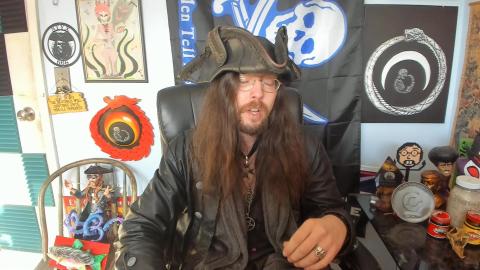
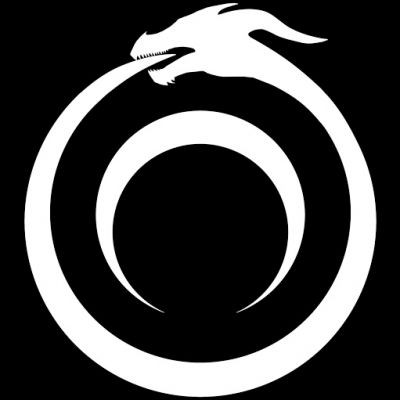 Styxhexenhammer666
Styxhexenhammer666
 Redacted News
Redacted News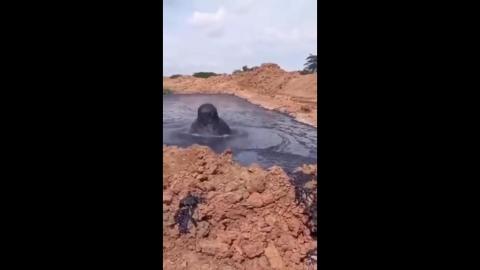
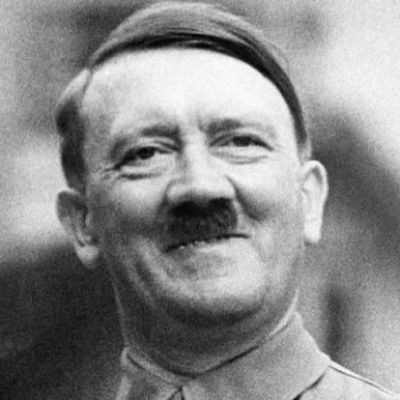 Life_N_Times_of_Shane_T_Hanson
Life_N_Times_of_Shane_T_Hanson
 The David Knight Show
The David Knight Show
 NerokeFive
NerokeFive
 TheQuartering
TheQuartering
 Timcast IRL
Timcast IRL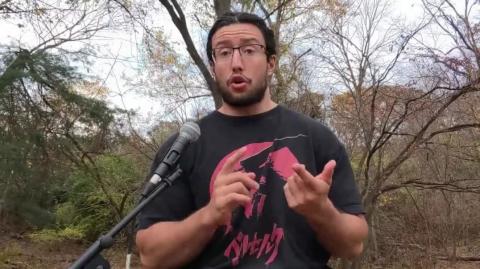
 RedKnight
RedKnight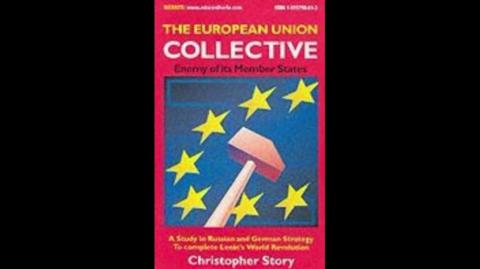
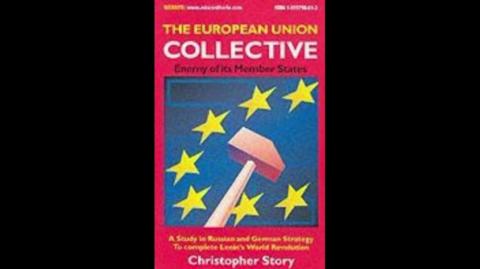
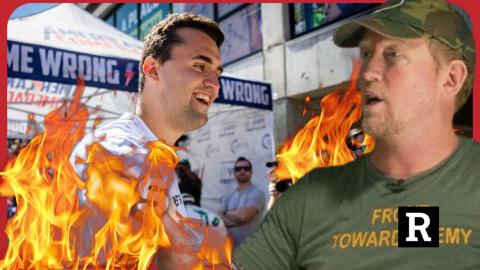

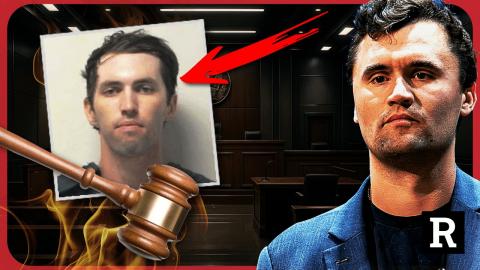

 Better Bachelor
Better Bachelor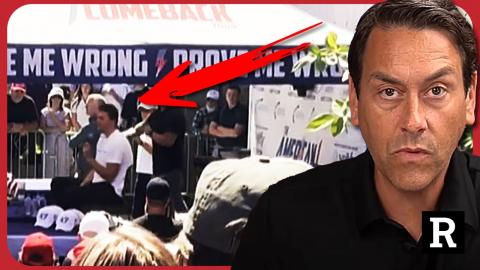

Log in to comment
When you learn some of the family histories of prominent and more plain people, what their families were like, can often play a big part in how their children turned out.